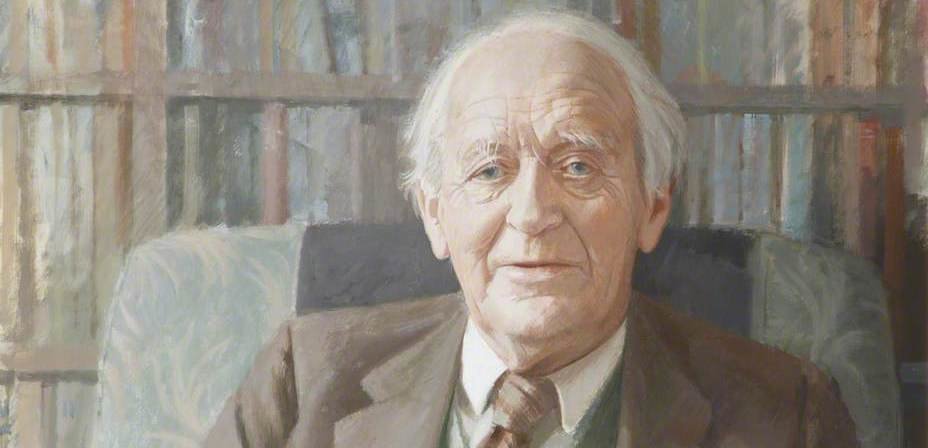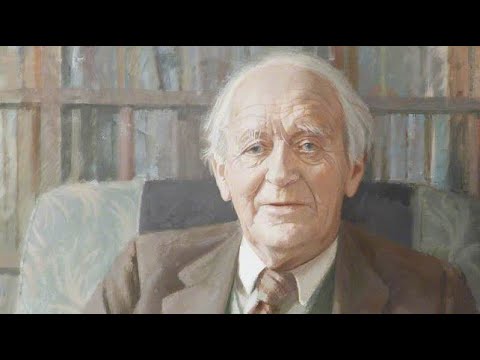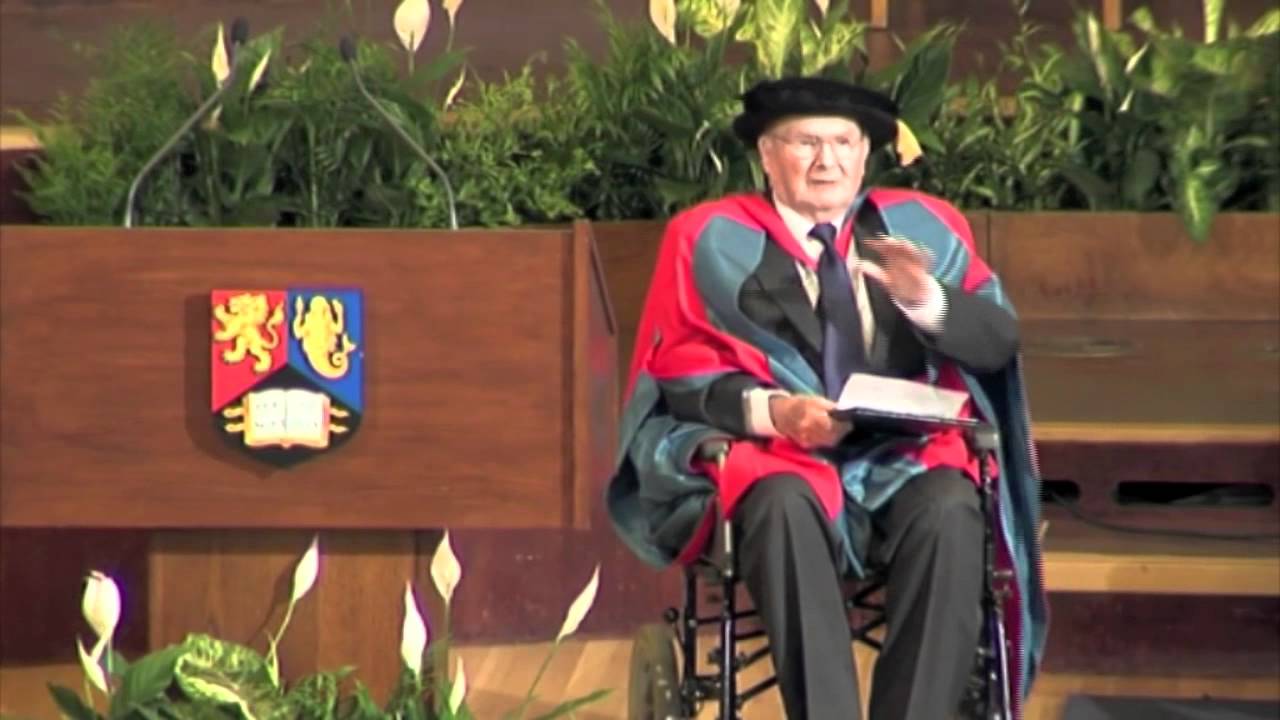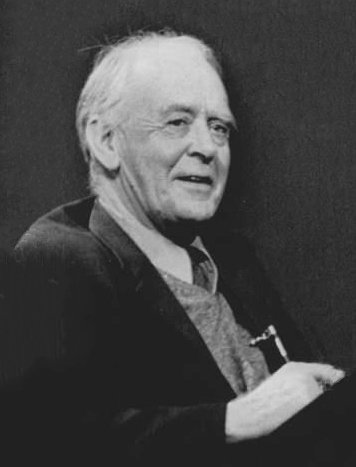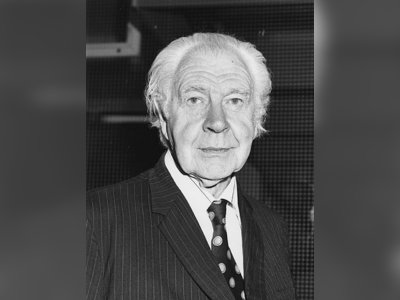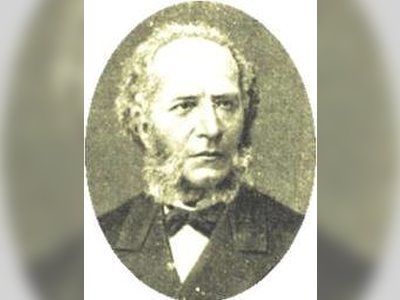British Heritage
Remember, Cherish, Learn.
beta
John Hicks - Value and Capital, 1939
The Imprint of Sir John Hicks on British Heritage.
Sir John Richards Hicks is a name that occupies a prominent place in the annals of British economic history. His prolific work as a scholar and an economist has left a lasting mark on the development of economic theories, shaping the discipline in unprecedented ways. A recipient of the Nobel Memorial Prize in Economic Sciences in 1972, Hicks is revered for his groundbreaking contributions to general equilibrium theory and welfare theory. This article will delve into the life, career, and pivotal accomplishments of this brilliant economist, paying special attention to his seminal work "Value and Capital".
Born on the 8th of April, 1904 in Warwick, England, Sir John Hicks displayed a prodigious knack for intellectual pursuits from an early age. Originally educated in mathematics at Clifton College and Balliol College, Oxford, Hicks switched to Philosophy, Politics, and Economics - a fresh field of study at the time - in 1923. Despite his own humble self-assessment that he graduated with "no adequate qualification in any of the subjects," Hicks would soon prove his prowess in the field of economics.
Hicks's influence was first felt within the walls of the London School of Economics and Political Science, where he lectured from 1926 to 1935. Initially focussing on labour economics and industrial relations, Hicks gradually transitioned to a more analytical approach. His mathematics background played a crucial role as he started to elucidate economic concepts with an analytical rigour that was groundbreaking at the time.
Hicks's contribution to economics is multifaceted. His most widely recognised works include the statement of consumer demand theory in microeconomics and the formulation of the IS-LM model in 1937. The latter became a cornerstone of macroeconomic theory, encapsulating a Keynesian interpretation of the economy's equilibrium between money, consumption, and investment.
In 1939, Hicks authored 'Value and Capital,' a book that would become a seminal work in the economic literature. Expanding on ordinal utility, Hicks pioneered the distinction between the substitution effect and the income effect in demand theory. His book extended the analysis to the case of one good and a composite good, effectively aggregating individuals and businesses through demand and supply across the economy. This general equilibrium theory, introduced to the English-speaking audience by Hicks, continues to inform contemporary economic analysis.
Hicks also made notable strides in the area of welfare economics. He proposed the Kaldor-Hicks efficiency or the 'compensation' criterion, which became an essential tool for evaluating the welfare impacts of public policies and economic states. However, Hicks was not unwavering in his stance on all his contributions. He notably dismissed his IS-LM model in 1980, describing it as a 'classroom gadget,' highlighting his relentless pursuit of intellectual rigour.
Hicks's discourse on income has had a profound influence on accounting practices. He proposed three measures of income, aiming to define the maximum amount a person can spend in a period without reducing their future spending capacity. These definitions, with their varying focus on the capital value of future receipts and market prices, continue to guide income calculation and consumption analyses.
Sir John Hicks's imprint on British heritage extends far beyond his contributions to the realm of economics. His quest for knowledge, his rigorous analysis, and his intellectual humility serve as enduring inspirations for future generations of scholars. Knighted in 1964, Hicks became an emblem of British intellectual prowess. His decision to donate his Nobel Prize money to the London School of Economics and Political Science's Library Appeal further underscored his lifelong commitment to education and intellectual growth.
From his early life in Warwick to his passing in the Cotswold village of Blockley in 1989, Sir John Hicks personified a relentless pursuit of knowledge. His contributions to the field of economics continue to illuminate the discipline, shaping economic thought and policy in the UK and beyond. His life and work exemplify the profound influence a single individual can have on their field, their nation's heritage, and the world at large.
A Venerated Economist and his Groundbreaking Legacy
Born on the 8th of April, 1904 in Warwick, England, Sir John Hicks displayed a prodigious knack for intellectual pursuits from an early age. Originally educated in mathematics at Clifton College and Balliol College, Oxford, Hicks switched to Philosophy, Politics, and Economics - a fresh field of study at the time - in 1923. Despite his own humble self-assessment that he graduated with "no adequate qualification in any of the subjects," Hicks would soon prove his prowess in the field of economics.
Hicks's influence was first felt within the walls of the London School of Economics and Political Science, where he lectured from 1926 to 1935. Initially focussing on labour economics and industrial relations, Hicks gradually transitioned to a more analytical approach. His mathematics background played a crucial role as he started to elucidate economic concepts with an analytical rigour that was groundbreaking at the time.
Hicks's contribution to economics is multifaceted. His most widely recognised works include the statement of consumer demand theory in microeconomics and the formulation of the IS-LM model in 1937. The latter became a cornerstone of macroeconomic theory, encapsulating a Keynesian interpretation of the economy's equilibrium between money, consumption, and investment.
The Beacon of 'Value and Capital'
In 1939, Hicks authored 'Value and Capital,' a book that would become a seminal work in the economic literature. Expanding on ordinal utility, Hicks pioneered the distinction between the substitution effect and the income effect in demand theory. His book extended the analysis to the case of one good and a composite good, effectively aggregating individuals and businesses through demand and supply across the economy. This general equilibrium theory, introduced to the English-speaking audience by Hicks, continues to inform contemporary economic analysis.
Hicks also made notable strides in the area of welfare economics. He proposed the Kaldor-Hicks efficiency or the 'compensation' criterion, which became an essential tool for evaluating the welfare impacts of public policies and economic states. However, Hicks was not unwavering in his stance on all his contributions. He notably dismissed his IS-LM model in 1980, describing it as a 'classroom gadget,' highlighting his relentless pursuit of intellectual rigour.
Shaping Income Interpretation and Accounting
Hicks's discourse on income has had a profound influence on accounting practices. He proposed three measures of income, aiming to define the maximum amount a person can spend in a period without reducing their future spending capacity. These definitions, with their varying focus on the capital value of future receipts and market prices, continue to guide income calculation and consumption analyses.
A British Intellectual Luminary
Sir John Hicks's imprint on British heritage extends far beyond his contributions to the realm of economics. His quest for knowledge, his rigorous analysis, and his intellectual humility serve as enduring inspirations for future generations of scholars. Knighted in 1964, Hicks became an emblem of British intellectual prowess. His decision to donate his Nobel Prize money to the London School of Economics and Political Science's Library Appeal further underscored his lifelong commitment to education and intellectual growth.
From his early life in Warwick to his passing in the Cotswold village of Blockley in 1989, Sir John Hicks personified a relentless pursuit of knowledge. His contributions to the field of economics continue to illuminate the discipline, shaping economic thought and policy in the UK and beyond. His life and work exemplify the profound influence a single individual can have on their field, their nation's heritage, and the world at large.
- John Hicksen.wikipedia.org
